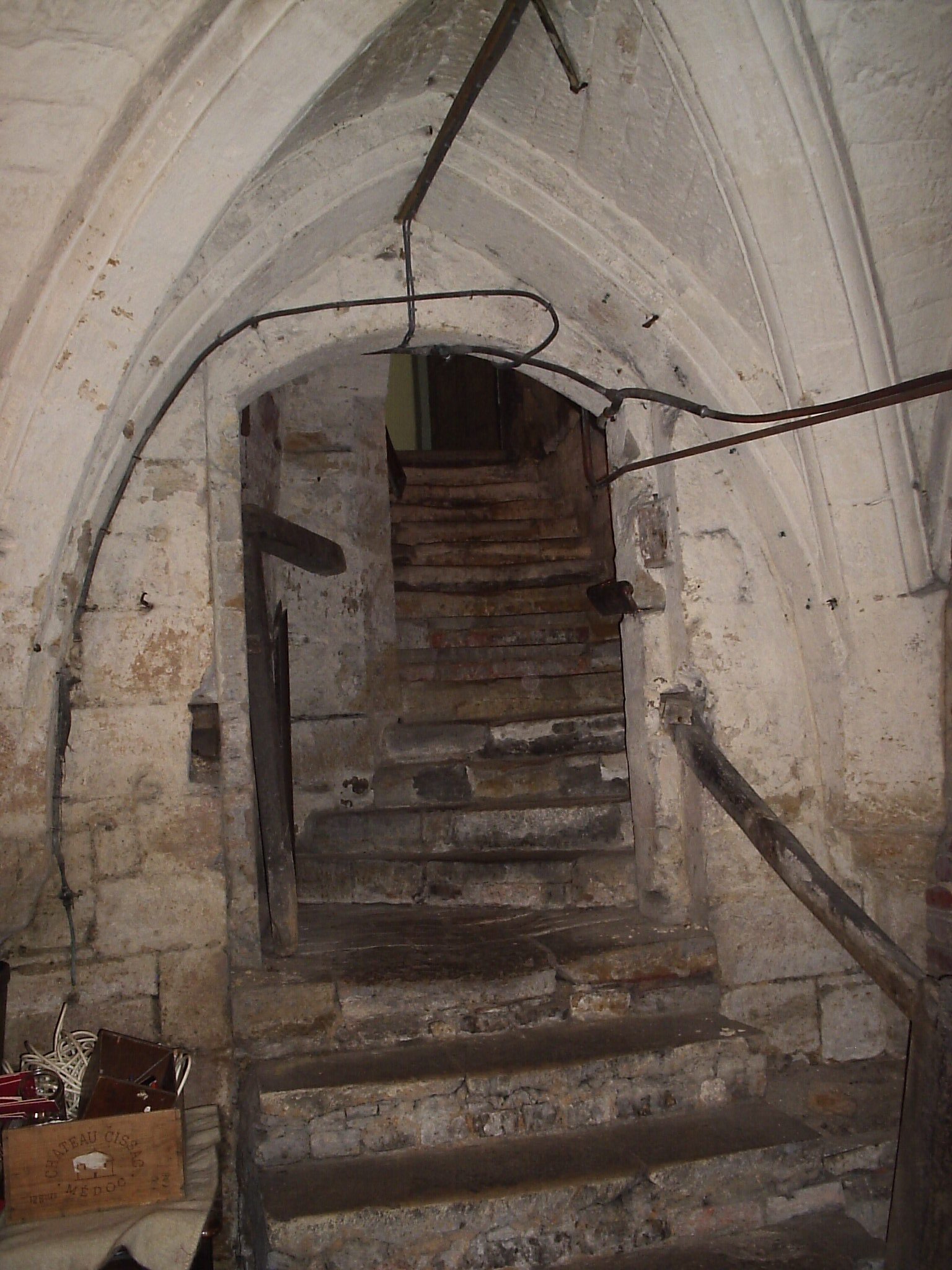Northampton's Tunnels on:
[Wikipedia]
[Google]
[Amazon]
 Several tunnels run underneath the streets of the town of
Several tunnels run underneath the streets of the town of
 Several tunnels run underneath the streets of the town of
Several tunnels run underneath the streets of the town of Northampton
Northampton () is a market town and civil parish in the East Midlands of England, on the River Nene, north-west of London and south-east of Birmingham. The county town of Northamptonshire, Northampton is one of the largest towns in England; ...
in England, along with many medieval cellars and ancient crypts. Much of the present town's development took place during medieval times, and some cellars from the period remain. Although some of these chambers are connected and others may have been connected in the past, it is doubtful if they ever have formed an extensive connected network.
Many of the medieval cellars are thought to have originated from the church buildings, that today are centred on All Saints Church
All Saints Church, or All Saints' Church or variations on the name may refer to:
Albania
*All Saints' Church, Himarë
Australia
* All Saints Church, Canberra, Australian Capital Territory
* All Saints Anglican Church, Henley Brook, Western Aust ...
– for instance underneath the Northampton & County Club in George Row (opposite the church) some fine vaulted cellars can be seen.
There are similar tunnels on the other side of the church at Drum Lane – underneath what was the Shipman's public house. John Speed
John Speed (1551 or 1552 – 28 July 1629) was an English cartographer, chronologer and historian of Cheshire origins.S. Bendall, 'Speed, John (1551/2–1629), historian and cartographer', ''Oxford Dictionary of National Biography'' (OUP 2004/ ...
's map of Northampton from 1610 shows that the church was then the largest landowner in the town.
Clashes took place over the years between the church and the monarchy – such as the banning of markets being held in the churchyards. It is thought that some of these tunnels were established as escape routes for clergy during times of trouble. The various religious houses in early times were found at all the main 8 compass points – giving rise to a series of radial tunnels heading out from All Saints Church at the centre of town to the various houses.
Some tunnels had a more mundane function – channelling water from the springs on what is now the Racecourse and Springfield into the town centre. These conduits were known respectively as the Great and the Little Conduits.
Northampton Castle
Northampton Castle at Northampton, was one of the most famous Norman castles in England. The castle site was outside the western city gate, and defended on three sides by deep trenches. A branch of the River Nene provided a natural barrier on the ...
was once one of the most important in the country and there is a suggestion that at least one tunnel linked the castle to All Saints Church – and even that such a tunnel might have been utilised by Thomas Becket
Thomas Becket (), also known as Saint Thomas of Canterbury, Thomas of London and later Thomas à Becket (21 December 1119 or 1120 – 29 December 1170), was an English nobleman who served as Lord Chancellor from 1155 to 1162, and then ...
in his escape from the castle and the town on his way to France.
Another theory suggests that the cellars may have been used as a refuge from town fires common in timbered medieval towns such as Northampton – as seen in 1516.
It is also thought that a tunnel may have allowed the nuns of Delapré Abbey
Delapré Abbey is an English neo-classical mansion in Northamptonshire.
The mansion and outbuildings incorporate remains of a former monastery, the Abbey of St Mary de la Pré (the suffix meaning "in or of the Meadow"), near the River Nene s ...
, on the outskirts of the town to escape the Battle of Northampton (1460)
The Battle of Northampton was fought on 10 July 1460 near the River Nene, Northamptonshire. It was a major battle of the Wars of the Roses. The opposing forces were an army led by nobles loyal to King Henry VI of the House of Lancaster, his Que ...
which raged in their grounds. It is thought that this tunnel ran via St John's Church at the bottom of Bridge Street.
References
{{coord, 52.237, -0.896, type:landmark_region:GB, display=titleTunnels
A tunnel is an underground passageway, dug through surrounding soil, earth or rock, and enclosed except for the entrance and exit, commonly at each end. A pipeline is not a tunnel, though some recent tunnels have used immersed tube constr ...
Tunnels in Northamptonshire